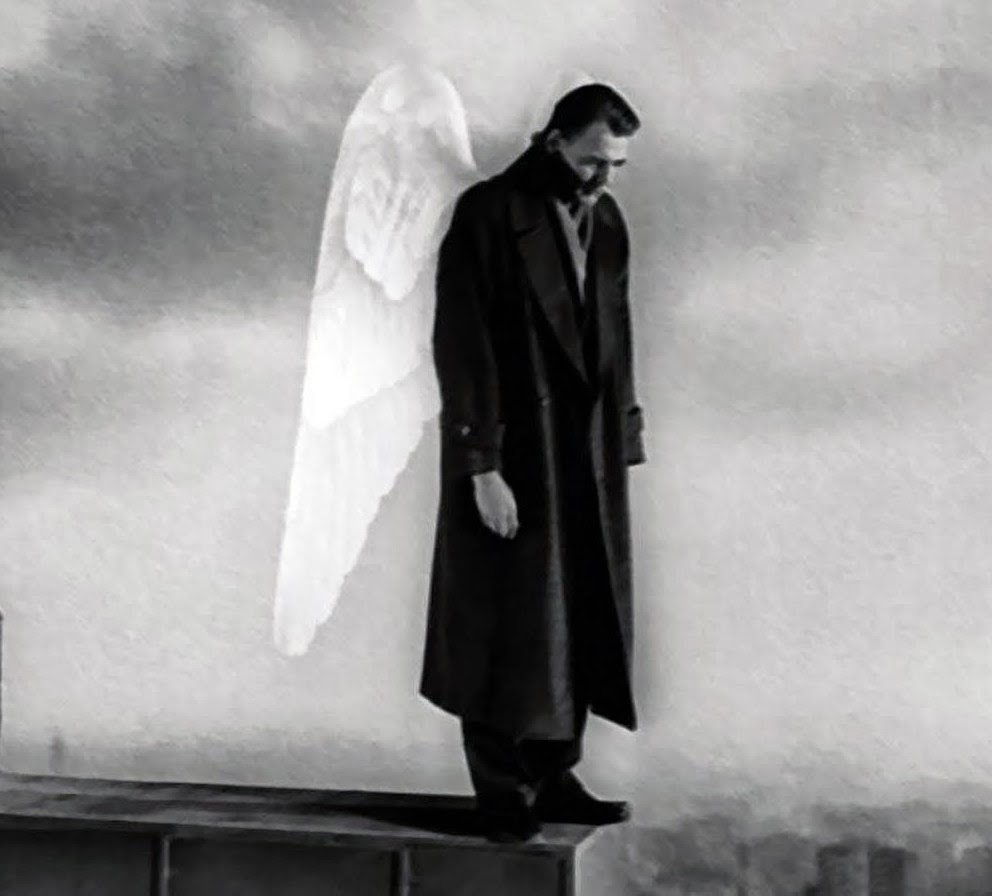Recent years have seen a resurgence of interest in
the neglected masterpieces of the late-Romantic Polish composer, Karol
Szymanowski. Why this should be is anyone’s guess but the most recent
manifestation of his art – the Royal Opera House’s production of his
masterpiece King Roger/Król Roger - has been fascinating for several reasons.
First of all let’s
take the music. If you are not at advocate of what one early 20th century
critic called the ‘Peach Brandy and Eternity’ school of lush late romanticism
then you should look away now. However, if the final stages of Habsburg
decadence collapsing into the eerie whispers of atonality appeals then this is
the opera for you. Embellished with a range of exotic percussion and chords
(the action is loosely set in the Sicily and North Africa of the composer’s
imagination) the sound itself is mesmerising. Szymanowski completed Act III (a
mere 25 minutes in performance) after a move away from his early late-romantic style
and the surprising elegance of these last minutes of the opera are beautifully
haunting. Sir Antonio Pappano and the ROH orchestra were superb and are to be
warmly congratulated on the loving realisation of the score. As the titular
king, Mariusz Kwiecien excelled, indeed it is hard to see how his performance
could be bettered – likewise his supporting cast of Georgia Jarman as his Queen
Roxana and Saimir Pirgu as the enigmatic shepherd/Dionysius. Which brings us on
to the production...
Most opera-goers
today are doggedly resigned to seeing beloved scores trampled and distorted by
the idiosyncratic whims of directors. So when I saw the pre-publicity
photographs I steeled myself for the usual hiding-behind-the-programme I am
accustomed to. Gone is the 12th Century Norman Sicily of the
composer’s (and mine) imagination and instead we find ourselves with a giant
head (presumably of Roger) within which the action occurs. Kaspar Holten’s
conceit of turning the opera into a duel within Roger’s head of the Dionysian
(represented by some remarkably agile writhing from the ROH dance team) and the
Apollonian – here represented by his ordered books which are finally consumed
in flames - seemed to please many but I think was a bit too heavy-handed for
the subtle ambiguity of the score and the music. The fact that the choir begins
the opera singing praise to God to the same melody that the beautiful shepherd
boy adopts when he arrives to the consternation of the court points to the composer’s
own ambiguity with regard to the relationship between sexuality and
spirituality. The director has also chosen to back-read the rise of fascism
into the work justifying this by the fact that Szymanowski suffered himself at
the hands of Bolsheviks in the October Revolution of 1917. With regard to the
relationship between fascism and libido I have always favoured the
interpretation of Wilhelm Reich (who himself suffered at the hands of the Nazis
by having his books burnt). Reich characterised the power of fascism as
consisting in the repression of desire – not the interpretation of this
production. What this then tells us about our own society’s views on sexuality
and religion is thus open to question.
Dramatically the
opera is problematic, as effectively very little happens and characterisation
is thin. In one sense the director is right, this can be seen as an ‘opera of ideas’ – in particular the conflict
between the Dionysian and Apollonian as found, inter alia, in Thomas Mann’s Death
in Venice (and thence in Britten’s opera and Visconti’s film). Yet, as
already mentioned, what is most striking in Szymanowski’s score (and would
become apparent later in his life) is that it inhabits a strange twilight zone
between the Dionysian and Apollonian/ the Sexual and Spiritual. In this
respect, pace the intentions of the
director, the opera appears then not to represent a conflict between the
Dionysian and Apollonian but rather than a synthesis of the two – as evidenced
by the King’s final revelatory aria, which following the logic of this
production makes very little sense (having been attacked by the Dionysian thugs
in the penultimate scene it would make sense if he had died rather than
received a vague sort of revelation). By deciding to introduce, in my view, a
false polarity into the opera the director misses a key ingredient of this
elusive work. Again, as with all great art, this probably says more about our
own 21st century attitudes to sexuality and spirituality (and their
unhealthy polarisation) than the preoccupations of an earlier age (imagined or
real).
To end with, here is a clip from the 2010 Sydney Dance Company's choreographied production. In many ways treating it as a ballet probably resolves the intellectual conflicts I raise above - and it is splendid to look at (dancing nuns and all!). I hope you enjoy this beautiful piece...



